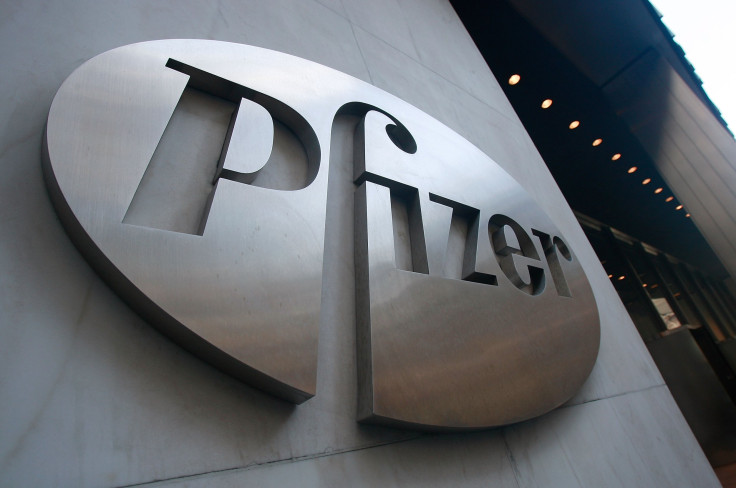Pfizer Acquires Cancer Treatment Maker Array Biopharma For $11.4 Billion

American pharmaceutical major Pfizer would acquire Array Biopharma to expand its portfolio of cancer drugs.
The $11.40 billion deal would give Pfizer access to Array’s FDA-approved nascent drugs for treating skin cancer, colon and rectum cancers.
The deal at $48 per share of Array offers a premium of about 62 percent to the stock’s close on Friday. Array stock surged 56 percent in premarket trade.
“The acquisition sets the stage to create a potentially industry-leading franchise for colorectal cancer alongside Pfizer’s existing expertise in breast and prostate cancers,” Pfizer CEO Albert Bourla said.
Bourla also added that the deal has reinforced Pfizer's’ commitment to deploying capital to bring breakthroughs in the lives of patients while adding to shareholder value.
Pfizer’s cancer drug strategy
Pfizer has been expanding its cancer drugs portfolio to bridge the gap with other drugmakers including Merck & Co. and Bristol-Myers Squibb Co whose drugs use the immune system to attack tumors.
But Pfizer has been treading a different path and has been developing or acquiring treatments for breast, prostate other cancers that target the disease at the biological level.
The best part of Array takeover is that Pfizer can access new cancer medicines that avoid chemotherapy and save patients from chemotherapy side effects.
Array’s stand out cancer therapy
Array’s oral combination to treat skin cancer was approved by the FDA in 2018. Array also held successful clinical trials for the triple combo therapy in colorectal cancer patients.
Array stock zoomed to a record high in May after its positive clinical trial results using Braftovi and Mektovi with Erbitux of Eli Lilly & Co.
The combo has been hailed as the first chemotherapy-free regimen for patients suffering from colon cancer.
“We are very excited by Array’s impressive track record of successfully discovering and developing innovative small-molecules and targeted cancer therapies,” commented Mikael Dolsten, Pfizer’s chief scientific officer.
Ron Squarer, Array’s CEO said, “we are incredibly proud that Pfizer recognized the value that Array brought to patients and the legacy of discovering and advancing molecules with great potential to extend the lives of patients in critical need.”
Pfizer stock was up 0.61 percent in premarket trade.
Pfizer’s benefit from the Array deal
In the U.S, colorectal cancer is a widespread type of cancer. In 2018, there had been 140,250 cases of colon cancer or cancer of the rectum. At least 50,000 people die of the disease every year.
The Pfizer CEO noted this aspect when he said the acquisition of Array will strengthen Pfizer’s biopharmaceutical business to target colorectal cancer while supplementing Pfizer’s expertise in breast and prostate cancers.
The Array deal will be concluded in the second part of this year.
For Pfizer, Array is the second biggest acquisition after the takeover of Medivation for $14 billion, three years ago. The deal brought the drug Xtandi to Pfizer’s portfolio for treating prostate cancer.
© Copyright IBTimes 2024. All rights reserved.





















